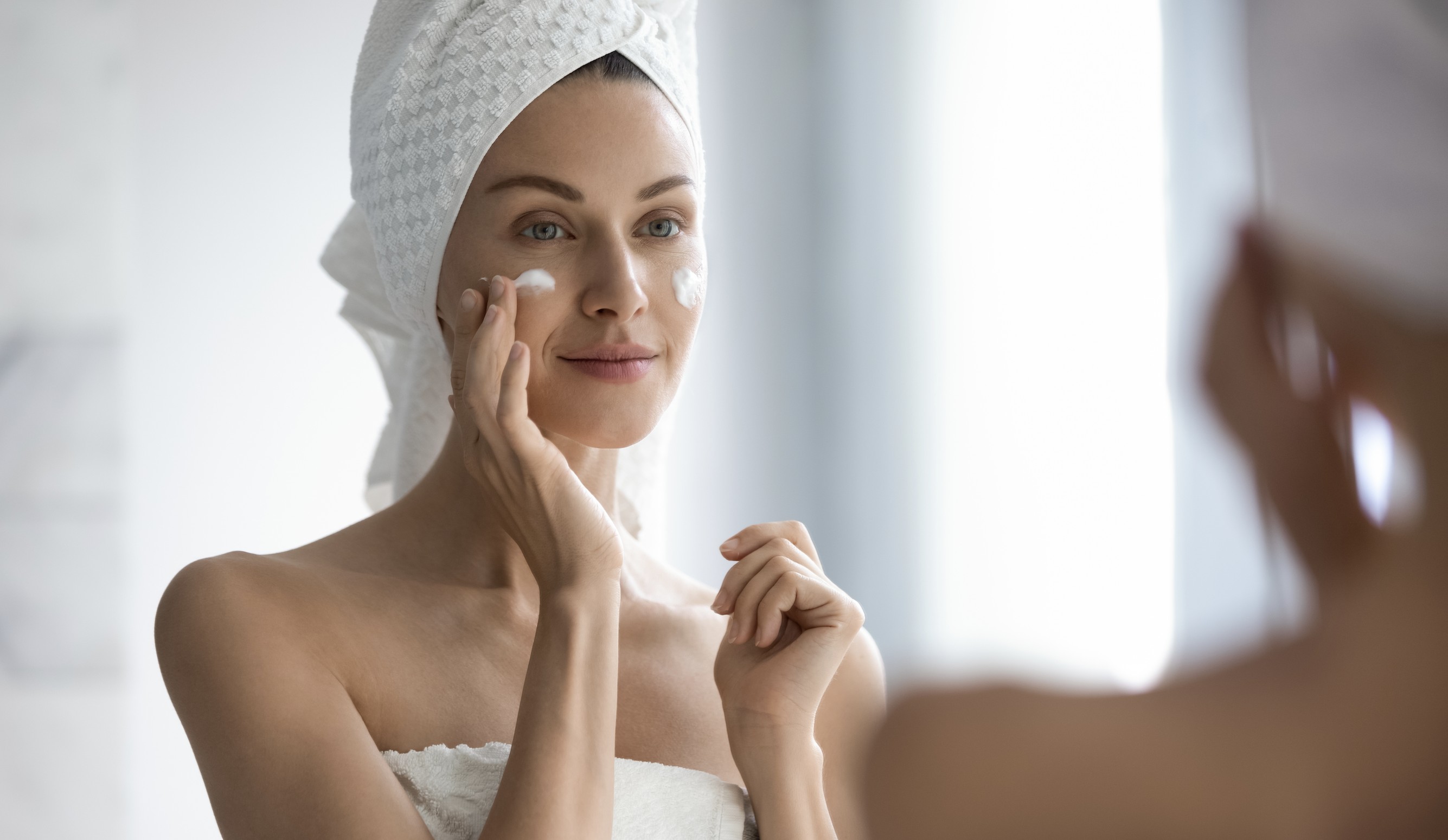Even though our skin organ is wonderful, it does have a nasty habit of showing the “not so nice things” that are going on inside your bodies and minds.
There are many different factors that change your skin condition when moving to a country like different food, water, and stress. But the environment has the most effect on the changes, which may cause your skin to become dry, sensitive, breakout and even rashes.
Especially in Tokyo, the climate can be very dry in winter and extremely humid in summer. This drastic change can cause havoc to your skin and in most cases it may take up to a year to balance itself. One of the main concerns that I hear in the salon is about the skin breaking out, like acne or congestion in the skin.
Environment, Food, Stress, Water
Environment
Throughout the year, your skin changes with the climate. For example our skin can become more dry in winter and oily in summer. Since this is usually a gradual change, your skin will become used to the new climate and will most likely be able to adapt well with a few small changes to your skin care products. However when moving to a new country, this change in climate is immediate and so your skin may initially have a harder time adapting.
Pollution is also a contributing factor if you are moving to an area with high levels of air pollution and smog, it can increase damaging oxygen-based free radicals, which contribute to a breakdown in the skin’s collagen and may leave the skin looking dull and sluggish. They attack all areas of our cells, deform DNA, destroy skin’s moisture barrier, and even can lead to acne and redness.
Food
A new diet that you eat may cause changes in the skin. Especially in the early stages of settling in and you don’t have time to prepare food, you may eat a lot of take out or if you moved to somewhere like Japan, you may be eating a lot of Bento’s from the convenient stores. These types of meals are usually filled with high sugar content, bad cooking oils and sauces. In the new area you have moved to, you can also be exposed to foods that you have not had previously which can cause changes in your skin. For example, if you start eating a diet with increased dairy products, it can make your skin breakout because it changes how testosterone and oestrogen are regulated in the body. Or if you eat an increased amount of fried food, it can change your cells membrane structure, making it harder for the skin cells to eliminate their waste. Also, since drinking a little too much alcohol can dehydrate your skin, it is best to try and keep hydrated by drinking more water throughout the day to put oxygen back into the skin.
Stress
In most cases, moving to a new country can be stressful. Our skin has a way of showing this with a way through dark circles and baggy under eyes, flaring of skin conditions such as eczema, fine lines, and even rashes and hives. Also, extreme stress increases cortisol levels, which causes an increase in oil production in your skin that can lead to breakouts. As stress throws your hormones off balance, it becomes more important to stay hydrated, and not drinking or eating foods with excessive amounts of sugar and of course, making sure you are getting enough sleep.
Water
In all different countries, the water from the tap is different. It is usually referred to ‘soft water’ and ‘hard water’. This may disrupt your skins natural pH level so it is important to use a good toner after your cleanse to help revitalize your skins natural pH level. If you have recently moved somewhere when the water is ‘harder’ than usual, may strip your skin of more natural oils which can lead to dehydration and dryness. Hard water also contains a high content dissolved minerals such as calcium and magnesium which may lead to clog pores and create free radicals that damage healthy skin cells.
Soft water is largely free of minerals and considered the better type of water to be coming out of your tap. It is better for cleaning your skin as the water is able to mix better with your cleanser to help remove all residue on the skin and since it doesn’t strip your skin of as many natural oils as hard water, it is considered more gentle.
When adapting your skincare routine, make sure to use gentle soap-free cleansers that are easier to rinse off to help reduce the residue that is left on the skin. Use lukewarm water instead of hot or cold water, as this tends to dry your skin out even more. As I mentioned before, you should also use a toner after cleansing to help restore the pH level in your skin and to further remove any cleansing residue, and choosing the right thickness moisturiser for your skin condition at the present time to sufficiently protect your skin restore it’s softness.


